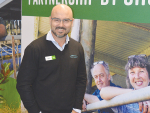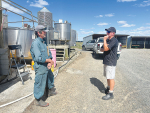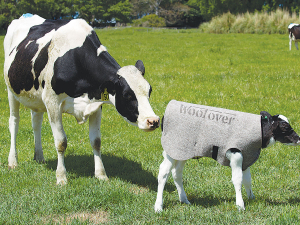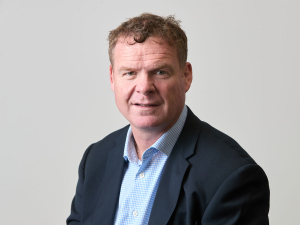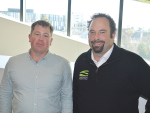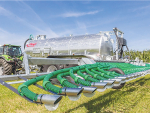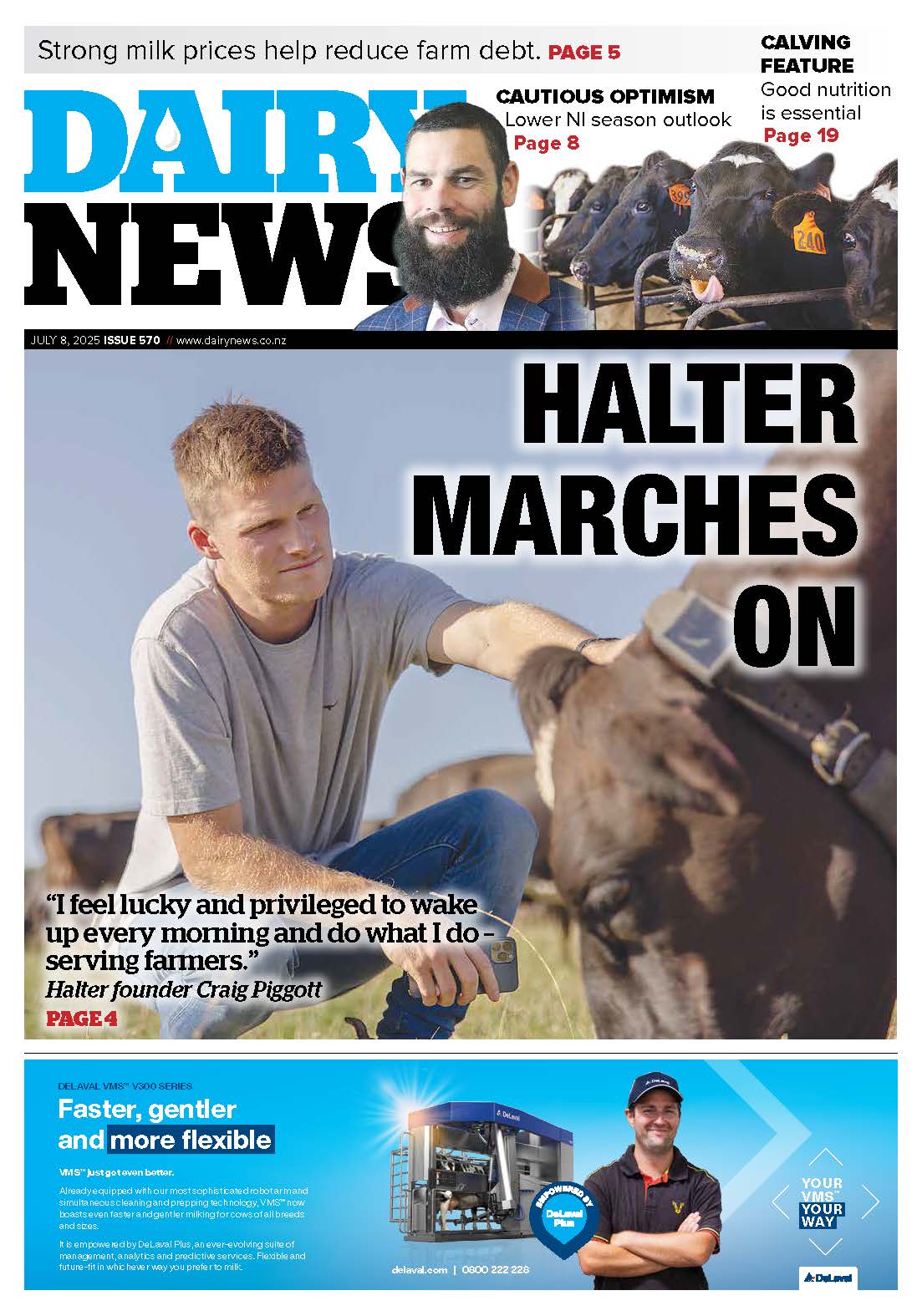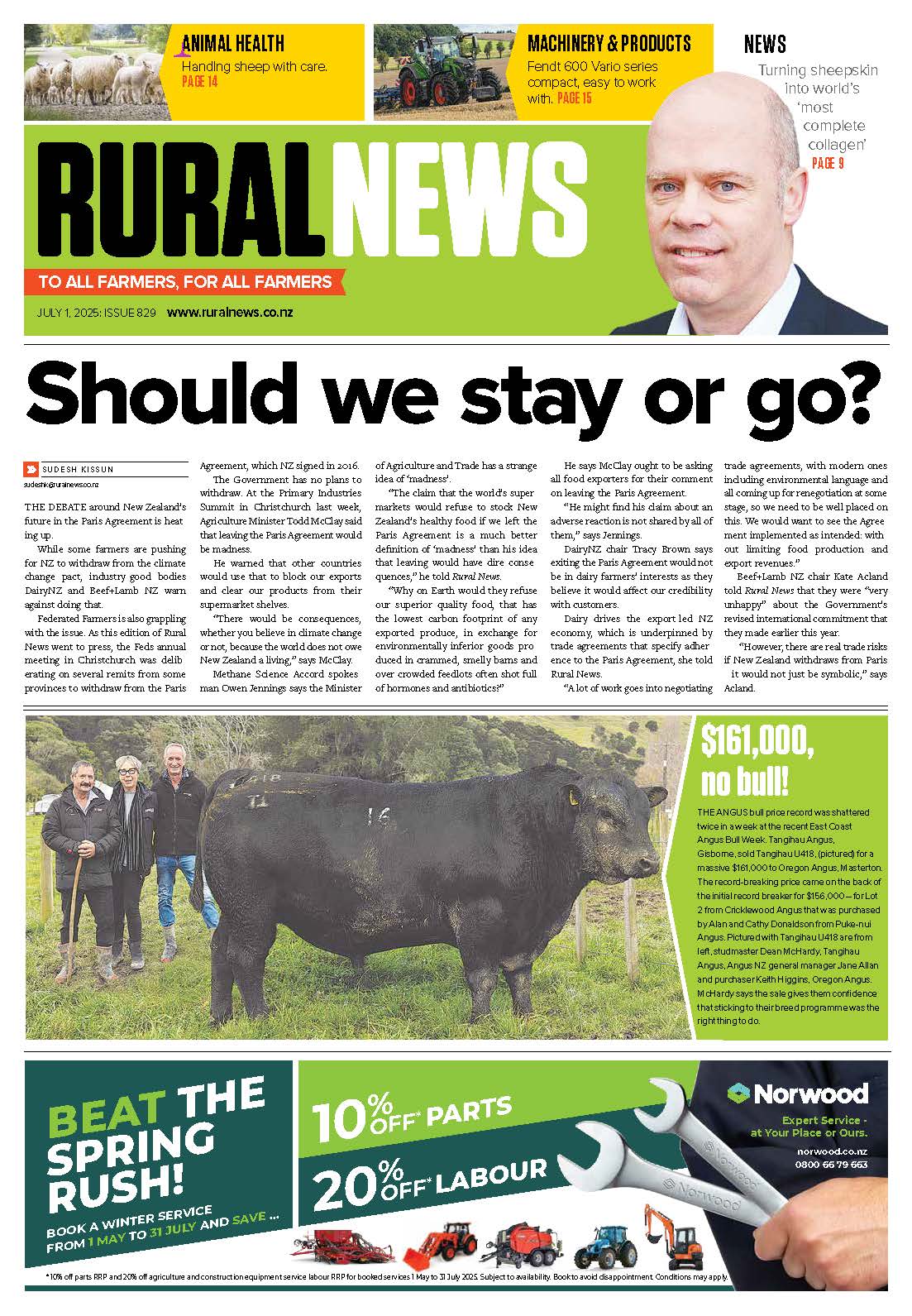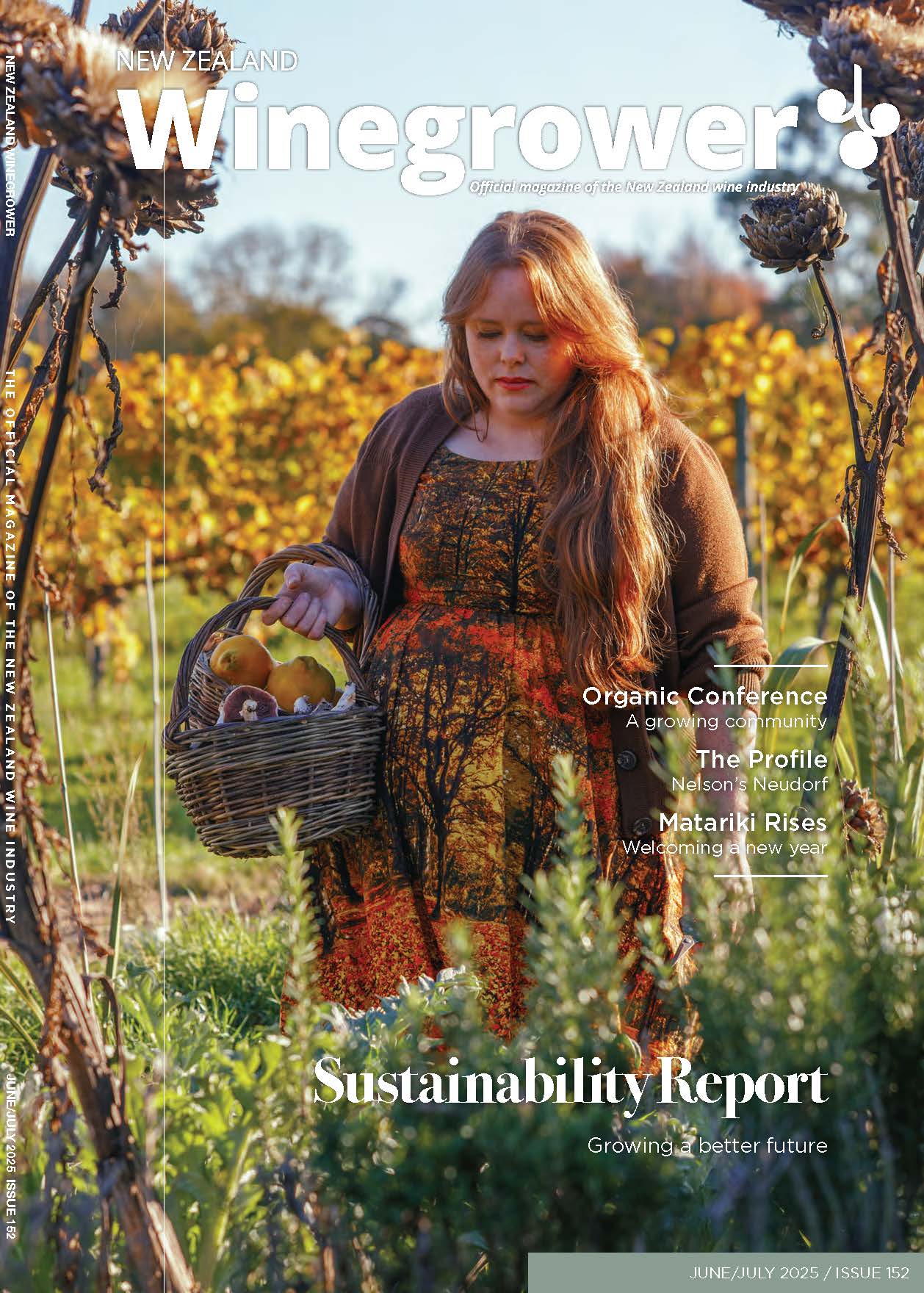They'll also need to be more willing to move around to pursue the best opportunities and partnerships.
That was the message from speakers at the inaugural young farmers' conference at Lardner Park's Farm World in Gippsland last month.
The diverse agenda included succession planning, virtual fencing, support networks for career success, the importance of agricultural production to Victoria's economy and mental health.
Farmer and University of New England researcher Zac Economou spoke about the possibilities and limitations of virtual fencing, using collars on livestock to remotely graze animals.
While the possibilities were virtually endless, the research had been limited, and global animal welfare activism could limit its adoption.
"Sheep and cattle are fast learners: a couple of hours into the trial they'll stop pushing against the boundary with a 100% success rate. As for production benefits, it is the holy grail of rotational or strip grazing.
"But the research has been on small numbers of livestock grazing on small land areas or in barn systems in Europe," Economou said. "There needs to be a lot of adaptation for Australian livestock farming systems.
"Overseas, there are significant concerns about the electric charge zapping the animals and in Australia legislation varies between states. While there's a perception of risk, people will think it is a very risky system."
In Australia, technology to support this and other systems was also an issue.
"There's an over-promotion of wireless products; it needs to be robust, needs to have compatibility with handheld devices and how long the battery in your phone or tablet works for," Mr Economou said.
"So solar powered charging devices using remote GPS could work; you don't want to be taking all collars off your cows and hanging them up to charge.
"And, the bottom line, it needs wireless connection to work, which we know is not possible in a lot of rural Australia."
The future of dairying was larger farms, employing more people in a range of modalities – share farming, joint venture ownership, equity investment and direct employment – said Shane Hellwege, Dairy Australia.
"By 2025, our growth in milk production will be 11.5 billion litres," Hellwege said.
"But the number of dairy farms will be reduced; and the average herd size for farms will be mid-high 400s.
"Whereas in 2015, 35% of farms were owner-operator with 49% employees (including owner-operators); that will grow to 60% employees by 2025. Or, in real numbers, growth from 24,000 now, including owner-operators, to 25,000 employees by 2025, with fewer owner-operators."
He said learning needs and skills development would change, with more standardised practices across farms. This would also make for a more mobile workforce.
"There will also be a growing need for high level technical and business management skills," Hellwege said.
Dairy consultant John Mulvaney said the historic concept of normal farming should be "buried and dead" – especially that of owning land in order to build a capital asset.
"Land is so expensive. Australians need to become open to variable equity ownership schemes that already work overseas, in Britain and New Zealand. It's possible to own a herd and mobile plant in four-five years without owning land," Mulvaney said.
A panel of young farmers offered frank advice on building succession planning into daily operating and business management systems.
Allowing the younger operatives to make mistakes was a common topic. Senior partners' experience often made the 1% difference.
"Dad has let me make mistakes and then helped me fix them," said Dumbalk dairyfarmer Damian Murphy.






